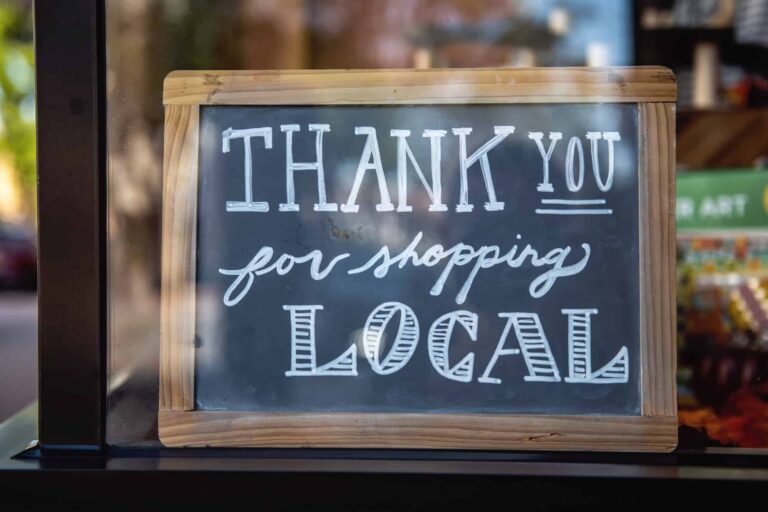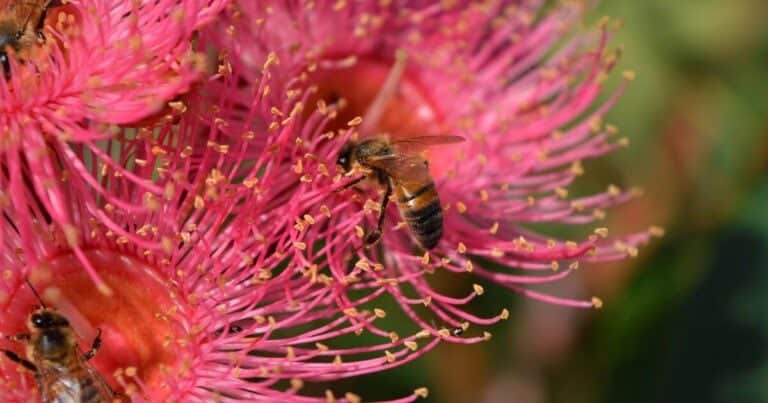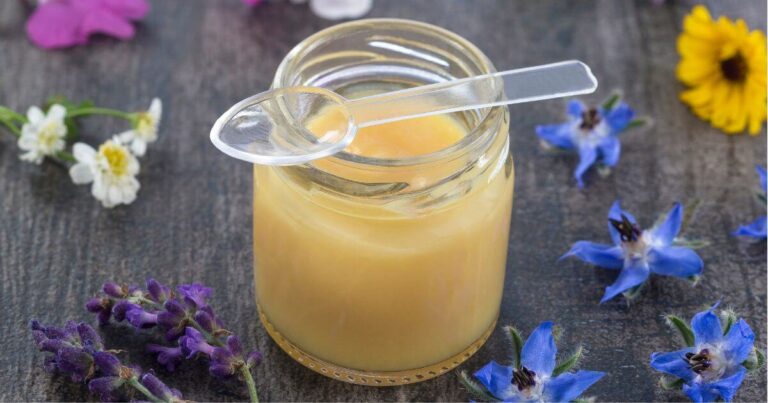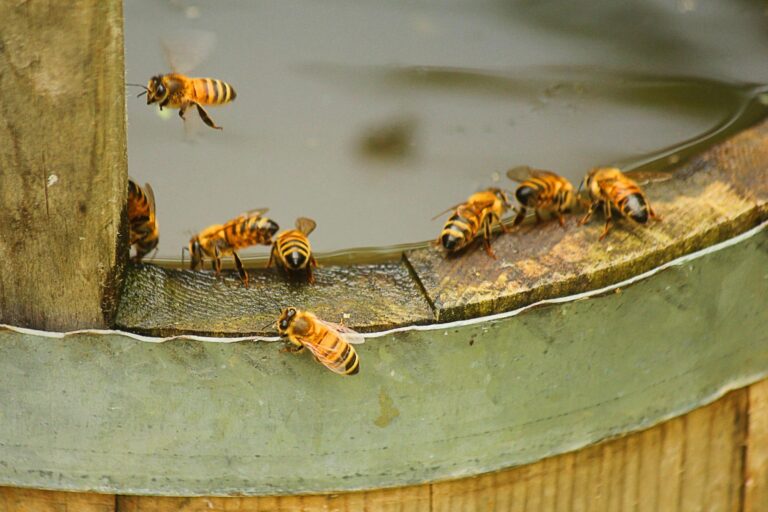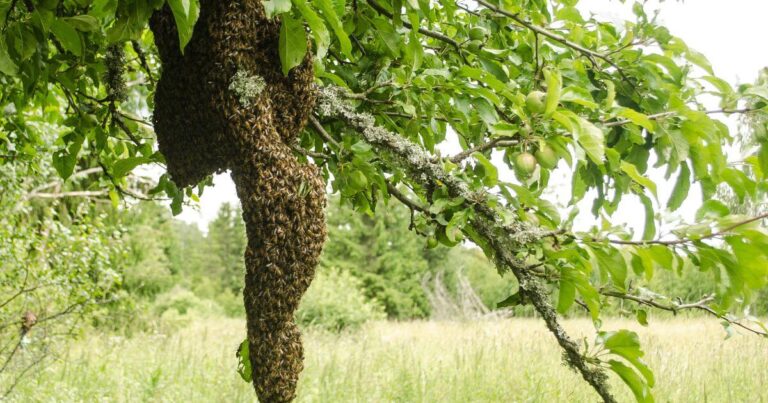For the Love of Bees
For the Love of Bees. It recently occurred to me that bees have taken over my life. Cute, furry, yellow insects and honey and hives….
For the Love of Bees.
It recently occurred to me that bees have taken over my life. Cute, furry, yellow insects and honey and hives. When some people realise that their job has become their everything, this can raise alarm bells; however, for me, my work as an apiarist doesn’t feel like work, even when it’s hard yakka. Reflecting back on when I first fell in love with bees, I was just ten years old. Thirty years later, I am just starting to fully realise the magnitude of these creatures and the reasons why I am mad for the bees of the world. Here are just a few of the reasons why I love bees the way I do.
The sheer mechanics of the beehive has always fascinated me. Right back to when I found that feral nest on the bank of the creek– and would occasionally stir it up for fun to see how far I could run before being stung!– I was intrigued by what was happening inside. Honey bees rely on an important social structure that is highly organised, self-replenishing and unique. The colony itself consists of three castes that, together, form an integral system, or superorganism, where different bees take on different roles for the colony to thrive. The way the bees organise themselves and look after one another and their home never ceases to amaze me.
Honey is such a complex ingredient. Having grown up with honey slathered on toast like many kids, I appreciated it more fully when I became a chef at the age of 15. This nectar of the gods has earned its reputation as (in my opinion) as nature’s finest delicacy! It is interesting that the taste of different types of honey reflects the floral types form which it is derived, and also that some honey (Manuka) has incredible healing capacities. The complexities of honey— where it comes from, what flowers it comes from, who harvests it— have become unique deciding factors when I choose honey for my home. For these reasons, I always buy honey directly from other beekeepers, as I understand the work they do to get the honey from their bees into a jar.
On a grand scale, we need bees for pollination and for human survival. This process– of bees transferring pollen and nectar from flowers back to their nest to make honey– makes bees one, if not the most, vital species to exist on the planet. As bees pollinate 80% of flowering plants on Earth – with a single colony able to pollinate an astonishing 300 million flowers every day – bees are the major contributor to the natural floral landscape as we know it. In turn, this makes them very important for humans, as bees pollinate 70 of the top 100 food crops, with fruits such as avocados, apples and cherries being 90% dependent on bee pollination; in effect, this means that every three mouthfuls of food we eat has been directly or indirectly pollinated by bees! These astonishing statistics evidence just how vital it is to protect bee colonies, as their pollinating powers make them a key component in both human and animal survival.
But perhaps what keeps me so connected to the bees on an everyday level is the bee community. The people that really love bees love them for all the reasons I just mentioned and more. From my experience, the keepers and enthusiasts here in Australia, but also all over the world, are generous, curious and more than willing to share their knowledge. It’s also amazing to hear how people know each other from keeping bees, and how a shared obsession with this tiny animal brings us all together.
So for some exciting news…
In less than a week, I am heading to Europe to continue my research of the world’s bees, and to meet up with some fascinating bee-people in a long list of wonderful countries! Just as I imagined, the bee community has embraced me with open arms. I will be stayed with keepers and professionals, and reporting back with bee-news as I go. Bon Voyage!

